HongMengOS is "likely" faster than Android and iOS says Huawei founder and CEO
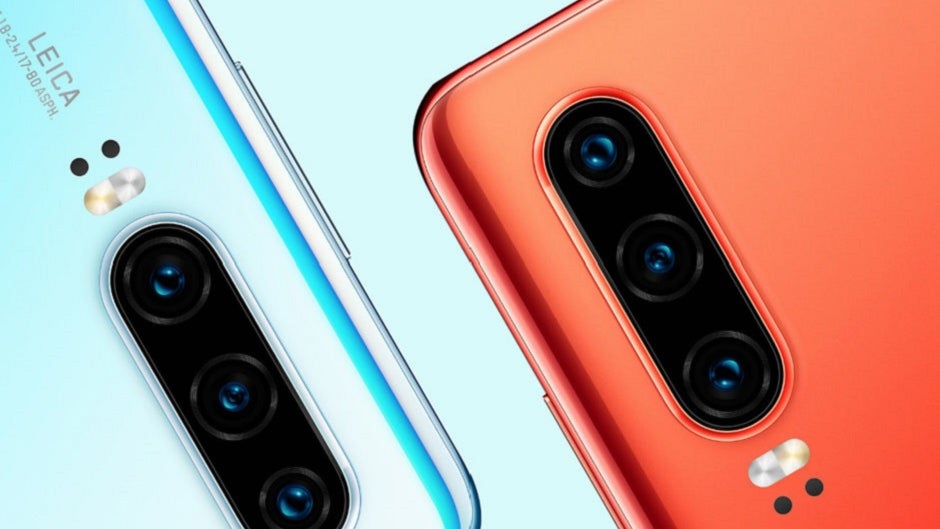
Huawei's HongMengOS is the company's home-grown replacement for the Android operating system. At this point, it isn't clear whether Google will resume doing business with the manufacturer even though President Donald Trump said a week ago that U.S. firms could start selling to Huawei. The company remains on the U.S. Commerce Department's Entity List and is still considered "blacklisted."
Huawei founder Ren Zhengfei recently spoke with French magazine LePoint (via WCCF Tech) and said that the company plans on reducing its dependency on Android. At the same time, the executive made it clear that Huawei's operating system is more than just a replacement for Android and can be used for IoT and self-driving vehicles. While a previous report claimed that HongMeng is 60% faster than Android, Ren noted that the operating system's processing delay is less than 5 milliseconds. He says that it is "likely" to be faster than not only Android but iOS as well.
Ren says that Huawei will be working on building a new app storefront to replace the Google Play Store, and he admits that this is an area where HongMeng and Huawei will struggle. The company's founder notes how dedicated app developers are to both the iOS and Android platforms. Richard Yu, the CEO of Huawei Technologies Consumer Business Group, says that HongMeng will debut this fall in China with other markets expected to see it early next year. Assuming that Google does not rebuild ties with Huawei, HongMengOS could launch with the release of the Huawei Mate 30 line later this year.
Huawei admits that it won't surpass Samsung next year to become the top global smartphone manufacturer
As for the foldable Huawei Mate X, the device was unveiled back in February well before the company was banned from its U.S. supply chain. That means that the Mate X will launch with Android pre-installed when it is released in September. Speaking of which, last month Huawei posted a list of phones that will be updated to Android Q. That list included all three phones that make up the P30 range and the Mate 20 Pro. Also on the list is the Mate 20 X (both 4G and 5G variants) and the recently released Honor 20.
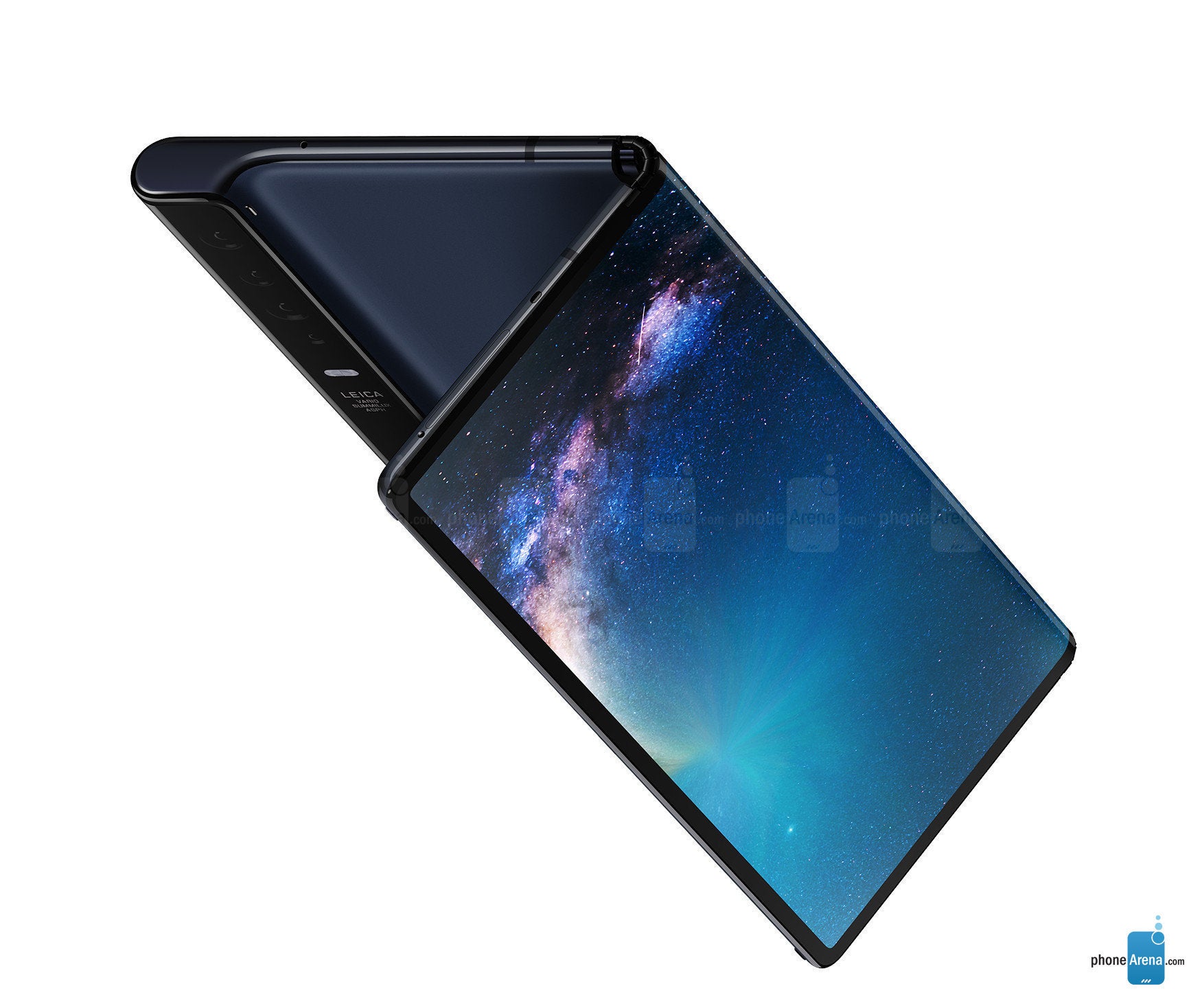
The foldable Huawei Mate X should launch with Android pre-installed
One thing that was confirmed duringour recent interview with Walter Ji, President of Huawei’s Consumer Business Group in Western Europe, is that the company will not surpass Samsung to become the top smartphone manufacturer next year. This has long been a goal verbally expressed by Huawei executives like Richard Yu as far back as 2016. The year before, Huawei had shipped 104.1 million units globally, good enough for third place after Samsung and Apple. By 2018, the manufacturer had delivered 206 million handsets worldwide and the momentum continued during the first quarter of this year. From January through March Huawei shipped 59 million units for a 50.3% annual increase, which was good enough for second place after Samsung. Had there been no ban, it is very likely that Huawei would have taken the top spot next year. Now, Huawei expects a 40% to 60% decline in international deliveries, which would result in total shipments of 140 million to 160 million phones for 2019.
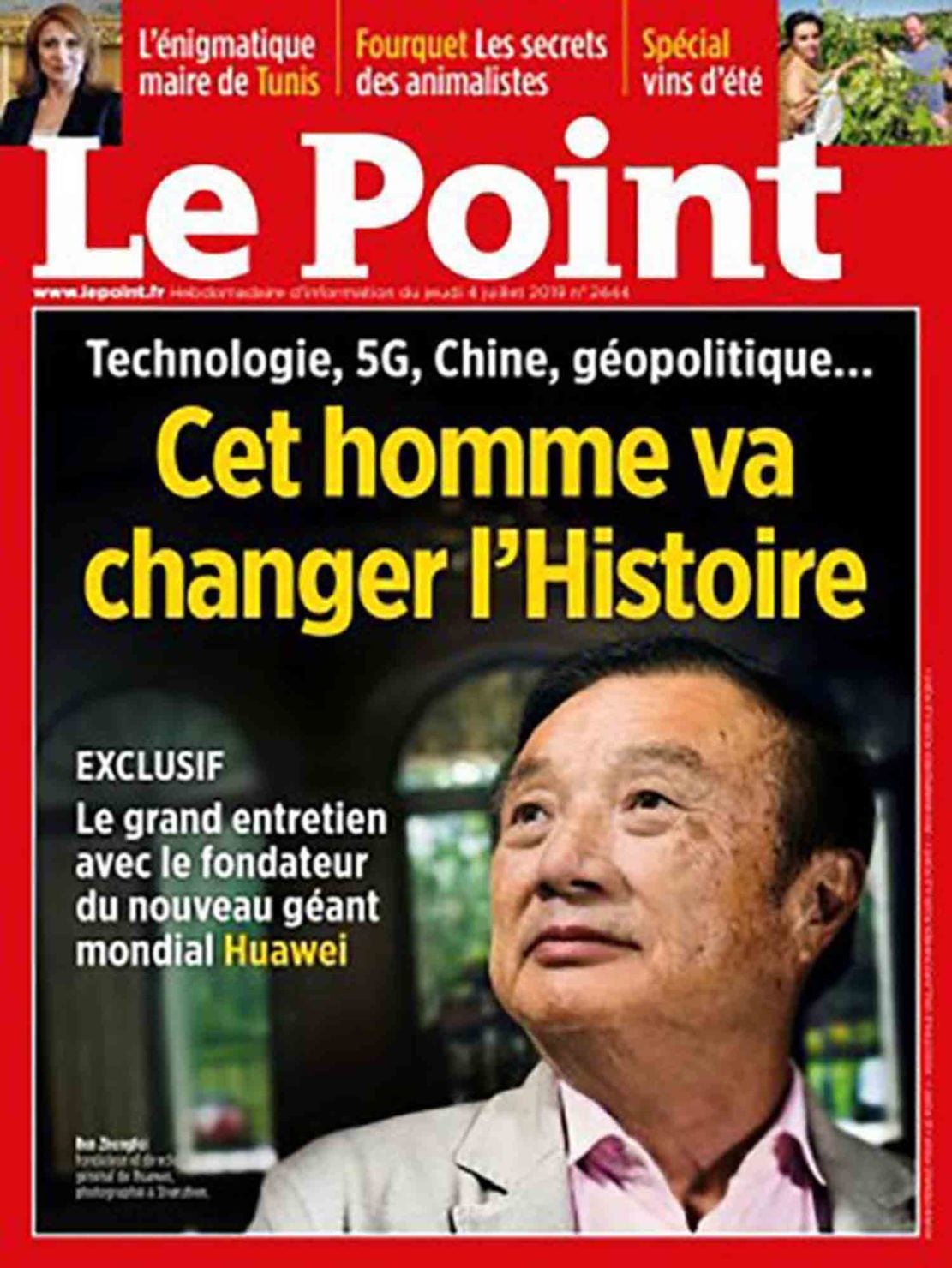
Huawei founder Ren Zhengfei was interviewed for a French magazine
It is going to be hard for Huawei to fully recover if it remains banned from using the operating system found on approximately 85% of the world's smartphones. And there is still the matter of finding a new chip architecture to replace ARM. Huawei's future, once so bright and clear, is now uncertain and muddy. And even if its replacement for Android is faster than Google's open source operating system, it is going to take more than that for Huawei to make another run at Samsung.
Follow us on Google News







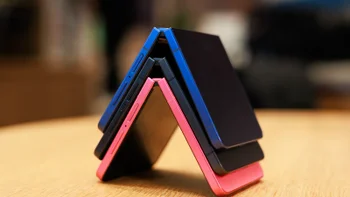

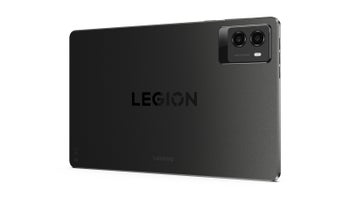
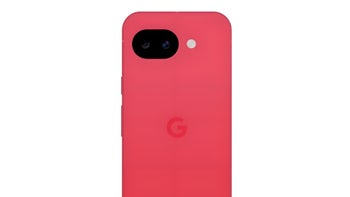
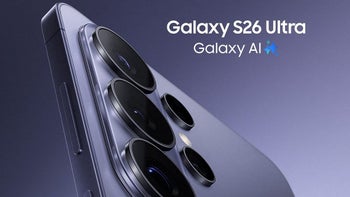

Things that are NOT allowed:
To help keep our community safe and free from spam, we apply temporary limits to newly created accounts: